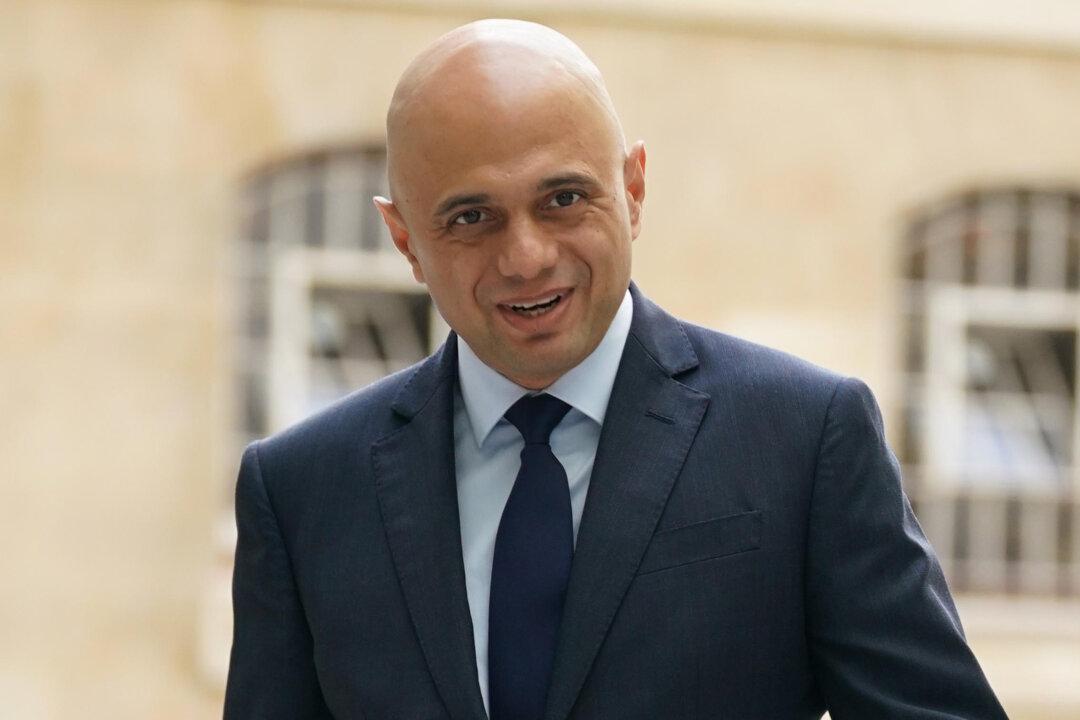CCP virus vaccination for 12- to 15-year-olds in England is expected to begin as soon as next week, a minister has confirmed on Tuesday.
The UK’s Health Secretary Sajid Javid on Monday accepted the recommendation from the nations’ four chief medical officers (CMOs), who said that the universal offer of one dose of Pfizer-BioNTech COVID-19 vaccination—previously made to 16- and 17-year-olds—should be extended to 12- to 15-year-olds.





